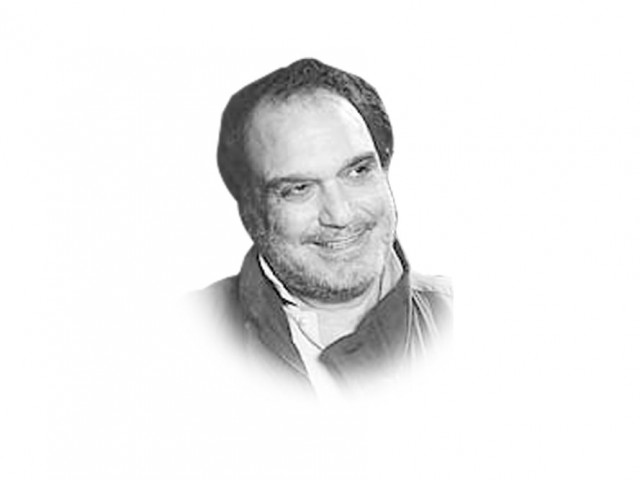Certainty and intolerance
Uncertainty assails an individual when he acts alone but not when he is part of a group.

Certainty and intolerance
A reader wrote: “Religion demands certainty when it comes to the tenets of imaan. It is absolute certainty about Allah Almighty and the Last Day that becomes the basis of guidance. Guidance cannot lead to extreme behaviour. It leads to patience, tolerance, compassion, kindness, wisdom, knowledge, etc. All these are essential for the development of a civilised society.”
I am asked why I said that ‘uncertainty’ about one’s held belief leads to tolerance of others’ points of view. I was, in fact, referring to the rise of European relativism based on empirical evidence. In other words, starting with Enlightenment, nothing was certain unless proved by science. My reader said tolerance could come from wisdom. My answer is that wisdom embraces the principle of ‘uncertainty’ by adopting the middle course (adl). When you are not in the middle (adl) you are bound to be occupying an extreme.
Alfred Lyall, a revenue officer of the British Raj, who gave his name to Faisalabad when it was Lyallpur, wrote in Asiatic Studies (1904) that “The Mahommedan faith has still, at least, a dignity and a courageous unreasoning certitude, which in western Christianity have been perceptibly melted down by long exposure to the searching light of European rationalism”.
“This has made Muslims distinctly aggressive and spiritually despotic. They are prejudiced against Christians because of the religious rivalry of a thousand years. Conciliation is no use; all the British could do was keep the peace in India and clear the way for the rising tide of intellectual advancement”. (Quoted in MJ Akbar’s book Tinderbox: The past and future of Pakistan, HarperCollins India 2011, p 70.)
‘Wisdom’ (‘hikmat’), in Islam, is based on flexibility of response and becomes dysfunctional when views are strongly held. Wisdom may look to some like a dishonourable compromise. Principles become a force against flexibility. If Muslims were only intolerant of non-Muslims, they would still be an internally serene community; but they are intolerant of different schools of thought within Islam. This takes us into the domain of group psychology.
Uncertainty assails an individual when he acts alone but not when he is part of a group. Similarly, guilt, a by-product of uncertainty, assails man when he is alone. An introspective thief will be hard put to justify what he is doing; as part of a gang, he can be endlessly savage without the pang of guilt. Faith becomes firm with certainty. The group, formed into an orthodoxy, transforms it into dogma. Muslims kill Muslims on the basis of dogma.
Thomas Aquinas (1225–1274) separated human knowing into two elements, will and reason, under the influence of Aristotle, whose wisdom he got from Ibn Rushd (1126-1198). Aquinas thought that will could experience that which reason could not comprehend. In my Lughat al-Quran, it is recommended that ‘imaan’ (faith) and ‘yaqeen’ (‘certitude’) should be one and the same thing for a Muslim.
In the West, faith is something you believe but can’t prove; certitude is that which you can prove and which is provisionally backed by scientific evidence. This dichotomy in the West has allowed it to become non-dogmatic. In our day, certainty is also based on nationalism, the worst form of group feeling.
Published in The Express Tribune, August 15th, 2012.















COMMENTS
Comments are moderated and generally will be posted if they are on-topic and not abusive.
For more information, please see our Comments FAQ